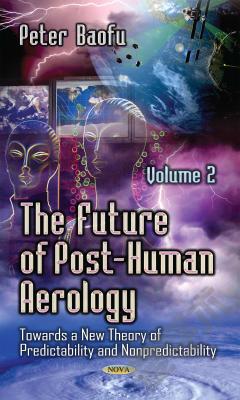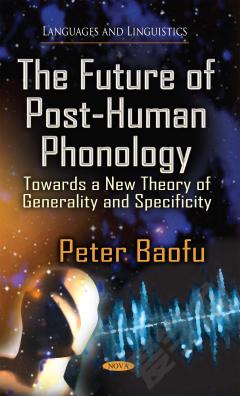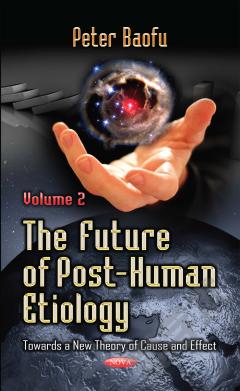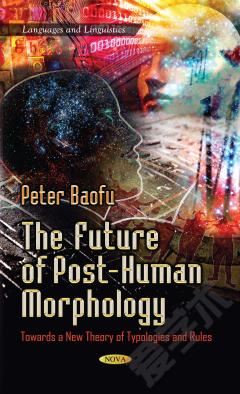The Future of Post-Human Aerology: Towards a New Theory of Predictability and Nonpredictability. Volume 2
Is the nature of the atmosphere really so predictable that, as James Mahoney confidently said, “we know that humans are influencing the climate. There's no question about that”? (TE 2013) This view on the atmosphere can be contrasted with an opposing view by James Glassman, who warned us that “the real world is more unpredictable and uncertain than the idealized world that academics push for.” (TE 2013a) Contrary to these opposing views (and other ones discussed in the book), aerology or the study of the atmosphere (in relation to predictability and nonpredictability) are neither possible (or impossible) nor desirable (or undesirable) to the extent that the respective ideologues (on different sides) would like us to believe. Of course, this questioning of the opposing views on aerology does not mean that the study of predictability and nonpredictability is useless, or that those fields (related to aerology)—like meteorology, climatology, atmospheric physics, atmospheric chemistry, cloud physics, aeronomy, hydrology, atmospheric modeling, climate change, chaos theory, complexity theory, planetary science, and so on—are unimportant. (WK 2013) In fact, neither of these extreme views is reasonable. Instead, this book offers an alternative (better) way to understand the future of aerology in regard to the dialectic relationship between predictability and nonpredictability—while learning from different approaches in the literature but without favoring any one of them (nor integrating them, since they are not necessarily compatible with each other). More specifically, this book offers a new theory (that is, the constructivist theory of aerology) to go beyond the existing approaches in a novel way and is organized in four chapters. This seminal project will fundamentally change the way that we think about aerology in relation to predictability and nonpredictability from the combined perspectives of the mind, nature, society and culture, with enormous implications for the human future and what I originally called its “post-human” fate.
{{comment.content}}








 京公网安备 11010802027623号
京公网安备 11010802027623号